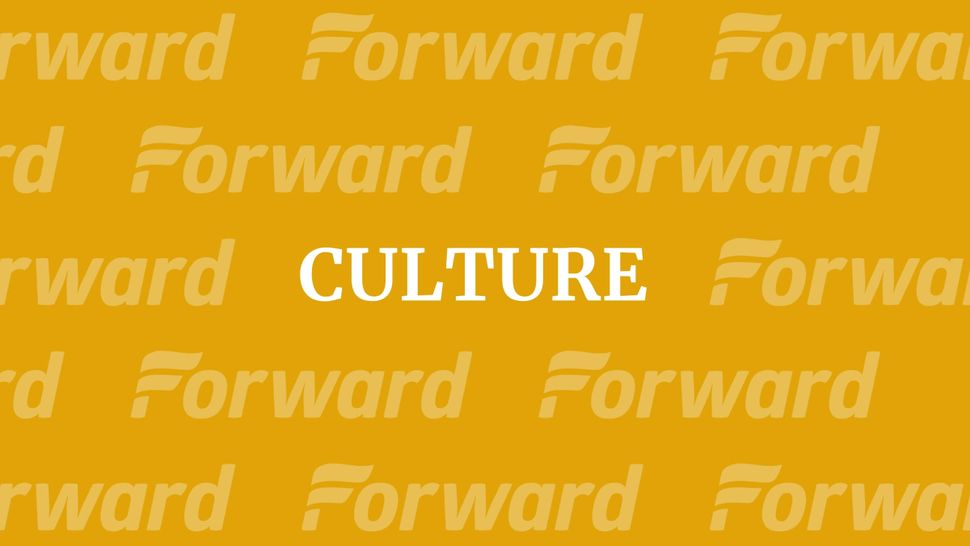Monday Music: Klezmer That’s Coming and Going

Image by Arjen Veldt
Although they’ve had a number of earlier releases, “Where we come from… Where we’re going,” a challenging CD that is almost equal parts avant-garde jazz and klezmer music, was my introduction to Klezmokum, an Amsterdam-based band (Mokum is the old Jewish name for Amsterdam) led by Burton Greene, a pianist with a long history and discography dating back to the early 1960s. One of the other band members, clarinetist Perry Robinson, has been a significant musician on the free jazz scene for about as long as Greene.
Greene, who arranged all of the dozen compositions on this 70-minute CD, notes that “Where we come from… Where we’re going” is “the third in a trilogy of my arrangements and extended compositions based on little known, mainly Jewish works of composers active since before World War II until the present time.” Despite the emphasis on contemporary Jewish composers, there are also several traditional pieces on the album’s track list.
“Where we come from… Where we’re going” is an apt title, as most of the compositions begin with fairly straight forward interpretations (“Where we come from”), before launching into imaginative improvisations (“Where we’re going”). These largely succeed, thanks both to Greene’s arrangements and to the imagination and virtuosity of each of Klezmokum’s musicians and singers.
In addition to Greene and Robinson, the band includes Juilliard-trained tuba player Larry Fishkind; drummer Roberto Haliffi (the son of Portuguese Jews who was born, raised and began his musical career in Libya); Lior Kuperberg, an Israeli saxophonist who spent years in New Orleans absorbing that city’s vital musical heritage; Dutch singer and flugelhorn player Patricia Beysens; and Polish singer Marek Balata.
When I mentioned that this is a challenging CD, I wasn’t just talking about how hard it may have been for the musicians to play this music. It’s also a demanding experience for listeners. You can’t throw this music on the stereo as background music to anything. You have to pay close attention to where the music is coming from and where it’s going, otherwise, like much avant-garde, free or improvised jazz, you’ll be lost.
After several times through I’m glad that I listened, I’m glad that I’ve heard this music, but it’s probably not a CD I’ll go back to very often. It’s kind of like how I’ve listened to the groundbreaking free jazz LPs that Ornette Coleman recorded in the late ‘50s and early ’60s. I’m glad I heard them, I appreciate the tremendous virtuosity and imagination that went into them, but I’ve rarely felt the need or desire to listen to them again.
The Forward is free to read, but it isn’t free to produce

I hope you appreciated this article. Before you go, I’d like to ask you to please support the Forward.
Now more than ever, American Jews need independent news they can trust, with reporting driven by truth, not ideology. We serve you, not any ideological agenda.
At a time when other newsrooms are closing or cutting back, the Forward has removed its paywall and invested additional resources to report on the ground from Israel and around the U.S. on the impact of the war, rising antisemitism and polarized discourse.
This is a great time to support independent Jewish journalism you rely on. Make a gift today!
— Rachel Fishman Feddersen, Publisher and CEO
Support our mission to tell the Jewish story fully and fairly.
Most Popular
- 1

Fast Forward Ye debuts ‘Heil Hitler’ music video that includes a sample of a Hitler speech
- 2

Opinion It looks like Israel totally underestimated Trump
- 3

Culture Cardinals are Catholic, not Jewish — so why do they all wear yarmulkes?
- 4

Fast Forward Student suspended for ‘F— the Jews’ video defends himself on antisemitic podcast
In Case You Missed It
-

Culture How one Jewish woman fought the Nazis — and helped found a new Italian republic
-

Opinion It looks like Israel totally underestimated Trump
-

Fast Forward Betar ‘almost exclusively triggered’ former student’s detention, judge says
-

Fast Forward ‘Honey, he’s had enough of you’: Trump’s Middle East moves increasingly appear to sideline Israel
-
Shop the Forward Store
100% of profits support our journalism
Republish This Story
Please read before republishing
We’re happy to make this story available to republish for free, unless it originated with JTA, Haaretz or another publication (as indicated on the article) and as long as you follow our guidelines.
You must comply with the following:
- Credit the Forward
- Retain our pixel
- Preserve our canonical link in Google search
- Add a noindex tag in Google search
See our full guidelines for more information, and this guide for detail about canonical URLs.
To republish, copy the HTML by clicking on the yellow button to the right; it includes our tracking pixel, all paragraph styles and hyperlinks, the author byline and credit to the Forward. It does not include images; to avoid copyright violations, you must add them manually, following our guidelines. Please email us at [email protected], subject line “republish,” with any questions or to let us know what stories you’re picking up.















